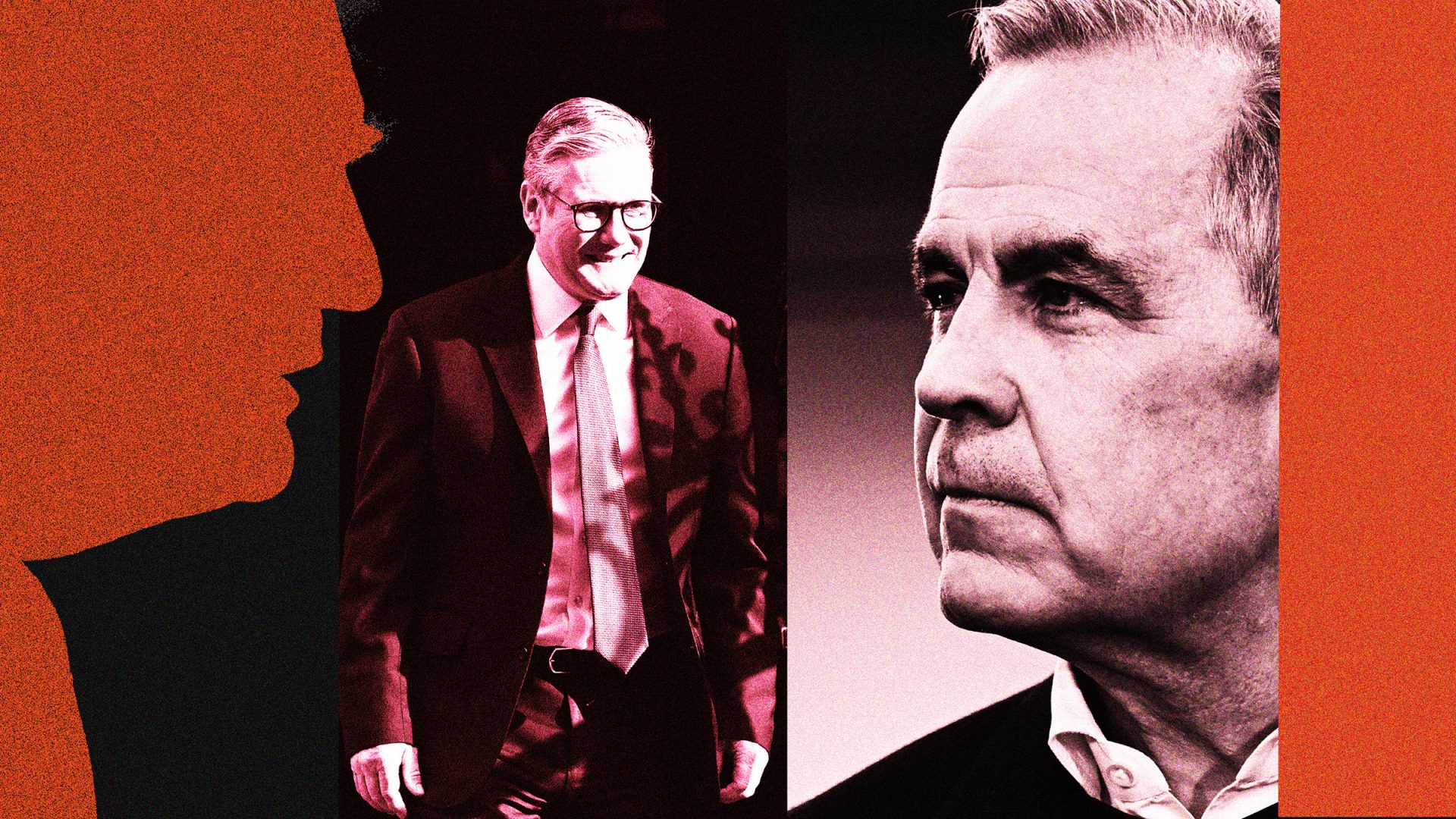A few short months ago, Pierre Poilievre was the future of global conservatism. He was seen as Canada’s inevitable next prime minister, with a commanding 25-point lead over the incumbent Liberal government and an election required this year.
He was a storming culture warrior, admired by politicians looking for a new model of conservatism – including both Kemi Badenoch and Robert Jenrick in the UK’s Tory party – and he was set to replace an incredibly unpopular three-term government.
This morning, he lost his own seat. And more than anyone else, he has Donald Trump to thank for that.
As the US president opened his second term by launching a trade war against his country’s northern neighbour and ally – even suggesting it was a prelude to annexation – Poilievre’s Canadian brand of Trumpism lost all appeal to the country’s voters. The polling turnaround, if nothing else, is likely to secure Poilievre’s place as a footnote in political history.
Canada’s newly-elected prime minister (after a few months in the job since taking over as party leader) Mark Carney is, in a sense, everything that Trump stands against in politics. He’s a liberal, he’s firmly internationalist, and he’s the former governor of the Bank of England – an independent central banker, while Trump rails against his inability to make the US Federal Reserve cut rates.
Most re-election campaigns for incumbent parties are essentially referenda on that party’s record in government. Had Carney run such a campaign, the Liberals would have lost, and resoundingly. Justin Trudeau might have been the face of the government’s unpopularity, but the public’s ire at the party went much wider – whoever succeeded him was surely expecting to be leading the party into opposition.
Read more: Why Mark Carney is one of the luckiest politicians alive
But sometimes the stars align. Poilievre was simply wrongfooted by the speed and aggression with which Trump attacked Canada, and with the accompanying shift in the public’s priorities – and their stance towards America. Having set himself up as something of a Canadian Trump, he simply could not make himself the vehicle for the nation’s anger, nor their anxieties.
Carney had no such compunctions and no such restrictions. For left-of-centre government leaders with no election forthcoming, Trump presents something of a headache: voters want to see their leaders opposing Trump, but given the president’s notoriously bad temper – and his susceptibility to flattery – it’s often not the approach that gets the best results.
But for an election campaign, the dilemma disappears: Carney calculated that he could swing for Trump, and swing hard. If there needs to be an unpopular pivot to making some kind of deal, and soothing the US president, it can be done when an election is safely years away. So Carney did what liberal voters the world over dream of seeing their leaders do, attacking Trump with gusto.
Actually governing Canada will be much harder. If Carney wins a majority, it will be razor-thin, and there’s every chance he’ll be stuck with a minority administration. Fighting words against the US might cheer people up in the short run, but they won’t stop the economic damage of tariffs and border disputes with Canada’s largest trading partner. All of the previous problems that mired the Liberals are still there, with Trump creating new ones every day.
Carney’s election victory might be a modern-day political miracle, but it’s much easier than the task that faces him now that he’s in government. Strategists looking to build an electoral playbook from Carney’s win might soon conclude that this was a unique election, unlikely to replicate anywhere else in the world – or even in Canada, at any other time. Labour loyalists who want Keir Starmer to stand up to Trump can’t use this as a template – the circumstances are entirely different.
Poilievre entered 2025 at the apex of politics: a win for him would have produced endless think pieces about how conservatism across the west was about to be reborn in a Trump-esque image – a franchise model of sorts, for a president always keen to make such deals.
Canada’s extraordinary election has at least reminded us of the dangers of leaping onto sweeping narratives, and of the ability for political tides to change with no warning at all. Poilievre is now the one left all out at sea, a mere cautionary tale for others to tell.








